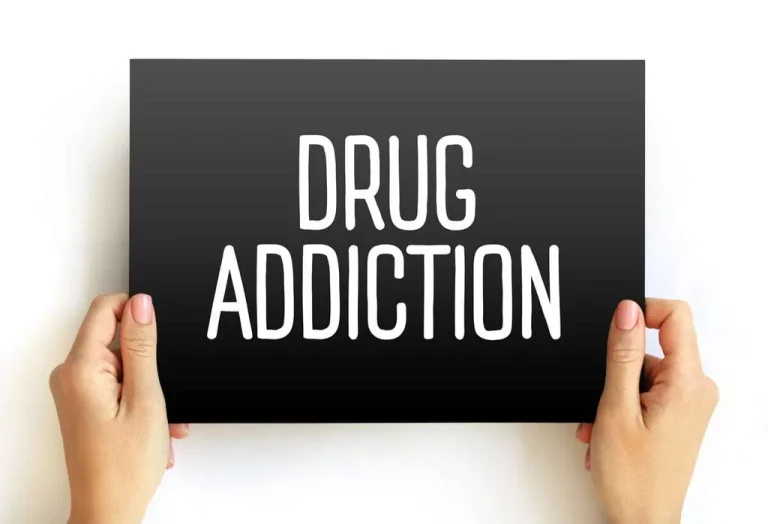As the disease progresses to the middle stage, drinking continues to increase and dependency develops. Strong cravings for alcohol are typical at this stage, and drinking isn’t just for enjoyment anymore. Because the body has adapted to deal with an alcohol-rich environment, the alcoholic physically needs it to avoid the painful symptoms of withdrawal. By the time they’ve reached the third and final stage of alcoholism, drinking has consumed their lives. Their alcohol withdrawal symptoms are so severe that they must drink continually to avoid them. Past experiences with alcohol help to shape people’s current value and the expectations that they place on drinking alcohol.
Register for an enhanced, personalized experience.
Psychological, genetic, and behavioral factors can all contribute to having the disease. From a motivational perspective, social norms affect the value that individuals place on drug use. alternative to xanax otc Social norms are the behavioral expectations within a community. For example, in many western societies, alcohol is used at specific events and regular times, such as Friday evening after work. For example, students drink more on campuses that have a strong drinking culture. Although the exact cause of alcohol use disorder is unknown, there are certain factors that may increase your risk for developing this disease.
For many, beer, wine, and spirits conjure up thoughts of social gatherings and tipsy fun. But alcohol is a nervous system depressant and easily alters behavior, culminating in some cases in the emotional pain and physical disintegration of alcohol addiction, colloquially known as alcoholism. Experts continue to debate the benefits and risks of drinking and passionately argue over whether moderation or complete abstinence is the best option for those who struggle with alcoholism. If you feel that you sometimes drink too much alcohol, or your drinking is causing problems, or if your family is concerned about your drinking, talk with your health care provider. Other ways to get help include talking with a mental health professional or seeking help from a support group such as Alcoholics Anonymous or a similar type of self-help group. You can promote healthy changes in the brains and behaviors of patients with AUD by encouraging them to take a long-term, science-based approach to getting better.
People can learn mindfulness; rather than trying to soothe uncomfortable feelings with alcohol, mindfulness encourages techniques such as breathing, visualization, and meditation. The later stages of addiction can yield physical changes, but behavioral signs can help detect it early on. People with an addiction often develop rigid routines that revolve around uninterrupted access to alcohol and other drugs; they may be irritated by schedule changes and blame their frustration on others. They may have powerful mood swings that seem to change their personality. Relationships may deteriorate, as their social circle narrows to other drug or alcohol users.
In sum, the motivational perspective predicts that people will be motivated to use addictive substances to the extent they expect that doing so will result in desirable effects that they want to achieve. Alcohol use disorder typically develops gradually over time. What I found particularly interesting about Ms. Whitaker’s book was the way she challenged the cultural acceptance of most forms of drinking, and how societal pressures shape our seemingly independent choices. Receive free access to exclusive content, a personalized homepage based on your interests, and a weekly newsletter with the topics of your choice. Alcohol can exacerbate hot flash symptoms, which occur because of disruption to the body’s thermoregulatory zone.
‘Why do they let it happen in Dunedin?’ – Push for cleaning up drink-filled streets
Research highlights a genetic component to the disorder, as about half of one’s predisposition to alcoholism can be attributed to genetic makeup. People may turn to alcohol as a way to cope with trauma or other, often unrecognized psychological disorders. Socially, alcoholism may be tied to family dysfunction or a culture of drinking. Your doctor or healthcare provider can diagnose alcohol use disorder.
The end-stage alcoholic suffers from a host of physical problems, including severe damage to vital organs such as the liver. Alcohol, in fact, is the cause of more than 50 percent of liver-disease related deaths in this country, and alcohol-related liver disease costs more than $3 billion annually. While every person’s alcohol addiction is unique, alcohol affects people in similar ways. Most people with an alcohol use disorder progress through three typical stages. For example, antidepressants, if someone with an alcohol addiction were self-medicating to treat their depression.
Support for Me and My Family
Regardless of how the addiction looks, someone typically has an alcohol addiction if they heavily rely on drinking and can’t stay sober for an extended period of time. The severity of the disease, how often someone drinks, and the alcohol they consume varies from person to person. Some people drink heavily all day, while others binge drink and then stay sober for a while. People experiencing aversive psychological symptoms value drinking alcohol, because it helps to alleviate their negative feelings.
For practical, evidence-based tips on supporting your patients with AUD, see the Core articles on treatment, referral, and recovery. During acute and protracted withdrawal, a profound negative emotional state evolves, termed hyperkatifeia (hyper-kuh-TEE-fee-uh). These brain changes related to excessive alcohol use underlie many AUD symptoms. Loved ones are an integral part of the addiction recovery process, but they need to balance their own needs in addition to providing support. To do that, they can set boundaries around their emotional, physical, and financial relationship, for example that the house will remain an alcohol-free zone.
- It can provide similar relief to help us fall asleep but tends to interfere with deep, restorative sleep, leaving us feeling groggy the next day.
- Some people drink heavily all day, while others binge drink and then stay sober for a while.
- The important thing is that we understand our relationship with alcohol, realize where it may not be serving us, and make informed decisions about its presence in our lives.
- The condition, which is sometimes called wet brain, is characterized by eye movement disorders, loss of muscle coordination, confusion and memory issues.
Here, we outline a framework for understanding alcohol-induced changes in the brain, which can help you appreciate the challenges faced by many patients with AUD when they try to cut back or quit drinking. We then describe evidence-based treatments you can recommend to patients to help the brain, and the patient as a whole, to recover. They have found that the drinking experience alleviates deep-seated anxieties they have about themselves and their lives.

















